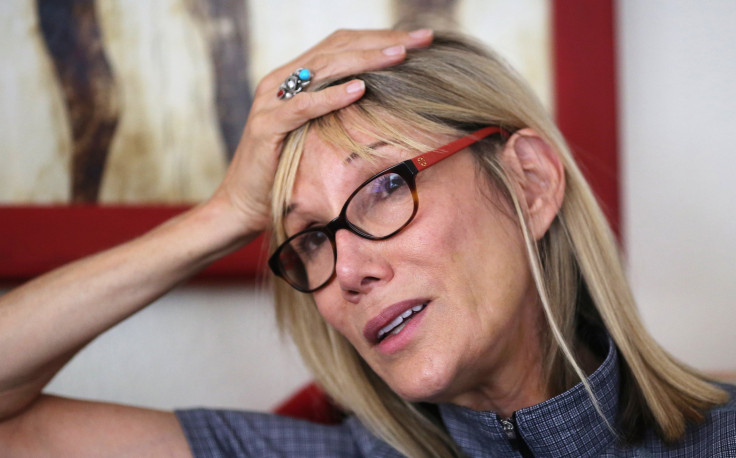Antibiotic resistance in Australia: 300 experts meeting in Melbourne to control superbug spread, Dark Age of medical treatment could be back

Prof. Lindsay Grayson, leading infectious disease expert with Melbourne’s Austin Hospital, has warned that the country may return to the Dark Age of medical treatment because of a superbug crisis. Parasites, viruses and bacteria are reportedly morphing into powerful superbugs.
These deadly germs are resistant to antimicrobial medications and modern antibiotics. According to Prof. Grayson, the superbug crisis is here, and humans are already facing it. Even two years ago, the threat was considered impending. However, much had changed in 2016, and the crisis has reportedly grown.
Steps such as better surveillance of patients when they report infections, reducing over-prescription of drugs and improving hospital infection controls are a necessity. The federal Department of Health is aware of the life-threatening antimicrobial resistance problem. Health Minister Greg Hunt, in addition to an active National Antimicrobial Resistance Strategy, has announced a $6 million dollar boost to research on the crisis and the threat it poses on community health.
Chief Medical Officer, Prof. Brendan Murphy, is sending out letters to doctors prescribing frequently antibiotics, pointing out their high prescription rates and the negative consequences of doing so. Today, an emergency summit will be held in Melbourne, where 300 eminent infectious diseases professionals will discuss plans and strategies to slow down the spread of antibiotic resistance. A new coordinating body will be setup for overseeing the work.
The case of Melbourne grandmother Sandra Hocking proves the seriousness of the issue. Hocking, who is 75, contracted a pseudomonas bacteria superbug after injuring her ankle in Zambia around eight months back. Even after a month of treatment in a Johannesburg hospital, the wound would not heal. Amputation was considered, although doctors said they would try and save the foot. She has come back to Melbourne, and Prof. Grayson will be administering two old antibiotics rarely used today because of the severe side-effects.
“If the two antibiotics don't work she could still well lose her leg. We've misused these drugs (antibiotics) so that we are now having cases like Sandra’s where she has a superbug that is almost untreatable,” Grayson told 9News.





















